As busy adults, we sometimes have little discomforts that creep up over time. It’s not until we sit down and think about what we are experiencing when we realize that we need to do some investigating. Pinnertest has sponsored this post and I’m sharing my opinions on why we all need to test for food intolerances!
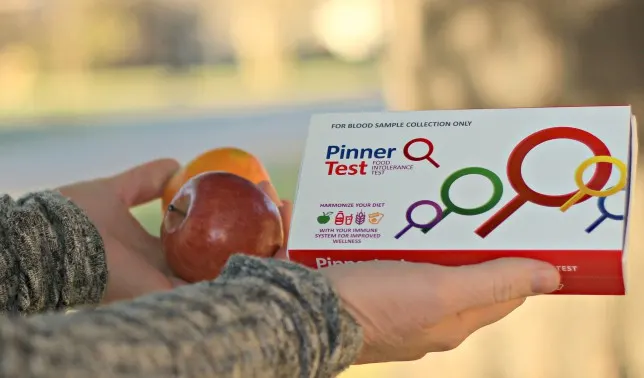
When we women become mothers, a lot of weird stuff happens to our bodies. The thing is, however, that we now have these little humans to take care of, so we ignore what is going on with us. When my first born was about 6 months old, I forced myself to go to the doctor because I was having major intestinal distress. After waiting in the office with a baby in a stroller who didn’t want to be there, the doctor basically told me that it wasn’t an issue and just to take fiber.
Fast forward a few years, I had three kids and was having intestinal issues again. I also had fatigue, headaches, and other issues and I just didn’t know what was going on. When I finally took time to take care of myself, I saw a GI doctor and had a procedure done. I was put on antibiotics and recommended probiotics. For awhile, I felt better, but it didn’t last long. I did some research and took gluten out of my diet for a year. I did feel better without gluten in my diet, but every once in awhile, I would have issues again. Turns out, we may be blaming gluten when in reality it is something we eat alongside the gluten or something else that were are not aware of.

Food intolerance can occur when your body cannot properly digest and convert the foods you eat into the necessary nutrients that fuel your system. This maldigestion causes inflammation, which can lead to many negative food intolerance related symptoms including fatigue, migraine & headaches, eczema, bloating, gas, congestion, weight gain, brain fog, joint aches, acid reflux, food cravings, diarrhea, skin rash and more. ~ Pinnertest
I started reading up on food intolerance tests and found a lot of good feedback about Pinnertest. Pinnertest is a food intolerance test that is simple and quick. You provide a few drops of blood at home, send it in with a prepaid envelope, and within 7-10 days, they email you the list of foods to avoid.
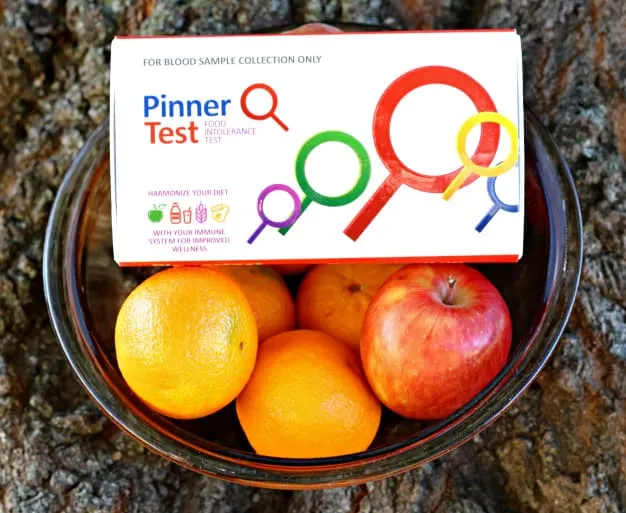
With a simple prick of the finger, I was able to find out my food intolerances via email.
It’s important to know that this is NOT an allergy test and a food allergy may not show up as a food intolerance.
Pinnertest analyzes blood samples for food specific Immunoglobulin (IgG) reactions by Microarray Technology. Classic allergic reactions (IgE) is different. Either way, you should not eat something you’ve had an allergic reaction to, despite where it is on the Pinnertest.
This test will also not identify all the different types of food sensitivity (such as lactose intolerance), and it is not diagnostic for celiac disease.
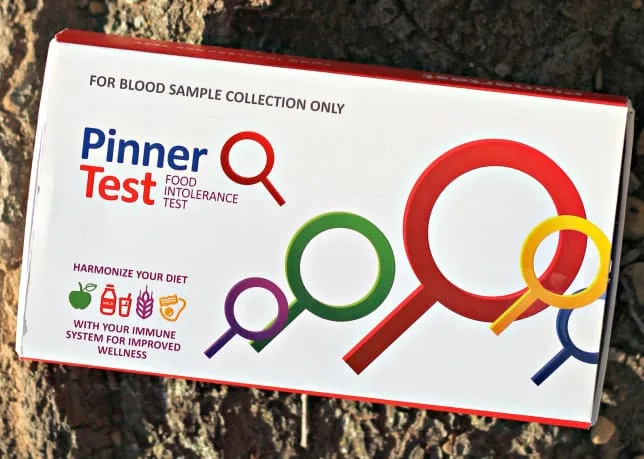
Pinnertest showed four food intolerances for me, and I was surprised. Lamb, vanilla, watermelon, and bananas should be avoided, according to my blood test.
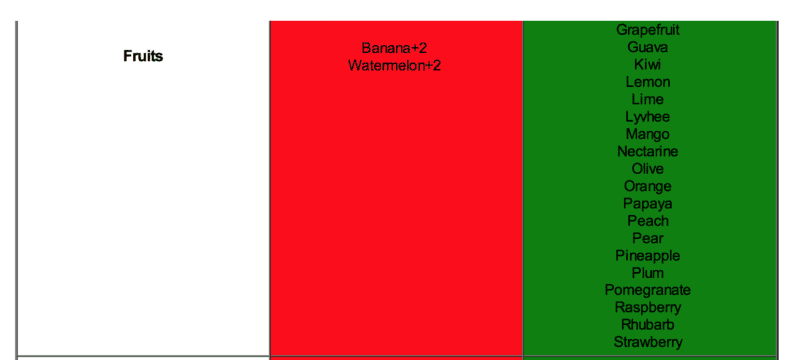
For the past few weeks, I’ve made a conscious effort to avoid bananas, watermelon, and vanilla (I am not a fan of lamb anyway, thank goodness!) and I have noticed a difference. Bananas and watermelon have always been a big part of my diet, as well as vanilla, so it does make sense that they were causing issues.
Do you have symptoms that could be caused by food intolerances?
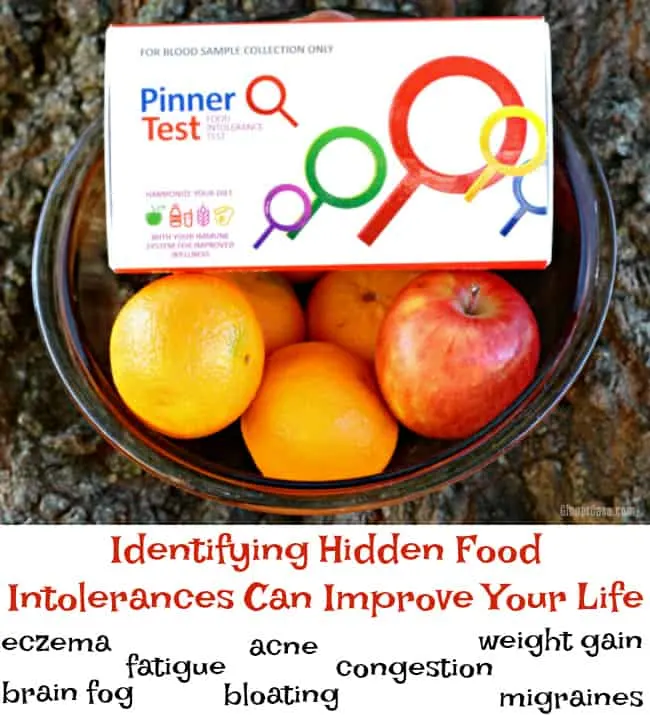

Adelina V Priddis
Monday 27th of November 2017
Oh this is really interesting! I've been wondering about one of my daughters, as she often seems to have unexplained tummy aches. When she was real little she had a dairy intolerance, but we thought she outgrew it. I'll definitely be looking more into Pinnertest.
Gena
Wednesday 29th of November 2017
It has been very helpful to me!